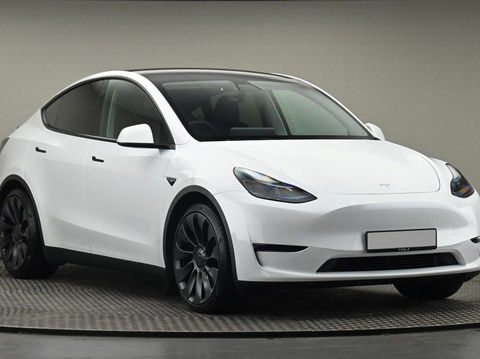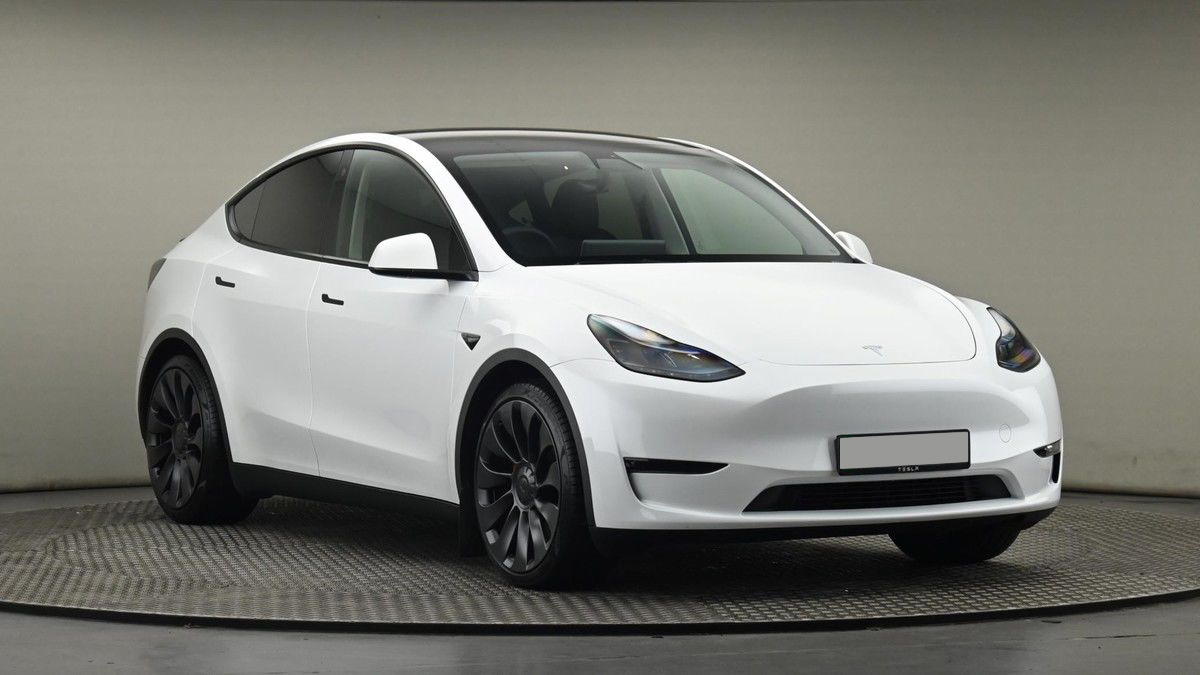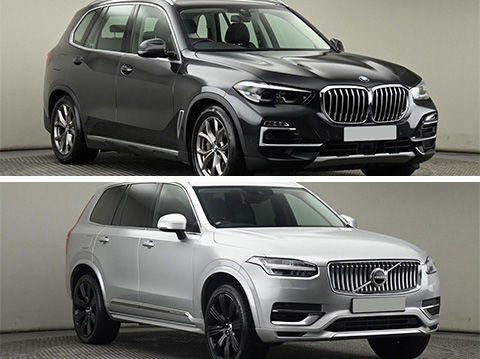Electric Vs Hybrid Vehicles

The move towards low-emission vehicles has led to an increasing number of drivers considering electric and hybrid models. With changing regulations and a shift away from traditional petrol and diesel cars, it is useful to understand the key differences between electric and hybrid vehicles before making a decision.
What Is an Electric Vehicle (EV)?
An electric vehicle (EV) is powered exclusively by electricity. It runs on a rechargeable battery and requires charging via a home charger or public charging station. EVs do not produce tailpipe emissions and are generally quieter to operate than petrol or diesel vehicles.
Advantages of EVs:
- Zero Emissions – EVs do not produce direct emissions, which contributes to reducing air pollution.
- Lower Running Costs – Electricity is generally more affordable than petrol or diesel, and EVs typically have fewer mechanical components, leading to lower maintenance costs.
- Government Incentives – In some cases, incentives are available to encourage the use of EVs, such as grants for home chargers and reduced road tax.
- Simple Driving Experience – With no gears and instant torque, EVs provide a straightforward driving experience.
Disadvantages of EVs:
- Charging Infrastructure – Charging points are still not as widespread as petrol stations, which can be a challenge for some drivers.
- Range Limitations – The distance an EV can travel on a single charge varies by model, and longer journeys may require planned charging stops.
- Initial Cost – Many EVs have a higher upfront cost compared to traditional or hybrid models, though prices are gradually becoming more competitive.
What Is a Hybrid Vehicle?
A hybrid vehicle uses a combination of a petrol or diesel engine and an electric motor. There are different types of hybrids available:
- Mild Hybrid (MHEV) – Uses a small battery to support the engine but cannot run on electric power alone.
- Full Hybrid (HEV) – Can operate on electric power for short distances but primarily relies on the engine.
- Plug-in Hybrid (PHEV) – Can be charged like an EV and run on electric power for extended periods before switching to the engine.
Advantages of Hybrids:
- Extended Range – Unlike EVs, hybrids do not depend solely on charging stations, making them more flexible for long-distance travel.
- Lower Fuel Consumption – In urban settings, hybrids can rely on electric power to reduce fuel consumption.
- Gradual Transition – For those not yet ready to switch fully to electric, hybrids provide a balance between traditional and electric power.
Disadvantages of Hybrids:
- Emissions – While lower than conventional petrol or diesel cars, hybrids still produce emissions.
- Fuel Dependence – Unlike EVs, hybrids still require fossil fuels for operation.
- Higher Maintenance – Having both an engine and an electric motor means additional components that may require servicing.
Electric vs Hybrid: SUV Comparison
For those looking at premium SUVs, comparing a hybrid and an electric model can provide insight into their key differences.

A popular hybrid SUV, the Range Rover PHEV, combines a petrol engine with an electric motor, offering an electric-only range of up to 30 miles before switching to fuel. This makes it suitable for city commutes where low emissions zones apply while still having the flexibility of a combustion engine for long-distance trips. It also benefits from regenerative braking to improve efficiency and lower fuel consumption.

On the other hand, a Tesla Model Y represents a fully electric SUV with a range of around 280-352 miles per charge. Unlike hybrids, it produces zero tailpipe emissions and benefits from instant torque, making for a smooth and powerful drive. While it requires access to charging infrastructure, its fast-charging capabilities through Tesla Superchargers make long journeys manageable. However, drivers who frequently travel long distances may need to plan their charging stops accordingly.
Which One Should You Choose?
The right choice depends on individual driving habits:
- Short, Urban Commutes? – An EV is suitable for drivers who can charge regularly and want to avoid fuel costs.
- Frequent Long-Distance Travel? – A hybrid may be more practical due to its extended range and reliance on petrol as a backup.
- Limited Access to Charging? – A hybrid is a better option if home charging is not feasible.
- Eco-Friendly Preference? – EVs produce no tailpipe emissions, making them the cleaner option for environmentally conscious drivers.
Both electric and hybrid vehicles provide benefits over traditional petrol and diesel cars. An EV is a good choice for those who have access to charging points and want to reduce emissions and fuel costs. Meanwhile, a hybrid offers flexibility, making it a practical solution for drivers who need longer range and occasional electric driving.
At Saxton 4x4, we offer a range of both hybrid and electric SUVs to suit various driving needs. Explore our latest selection to find the right option for your lifestyle.



